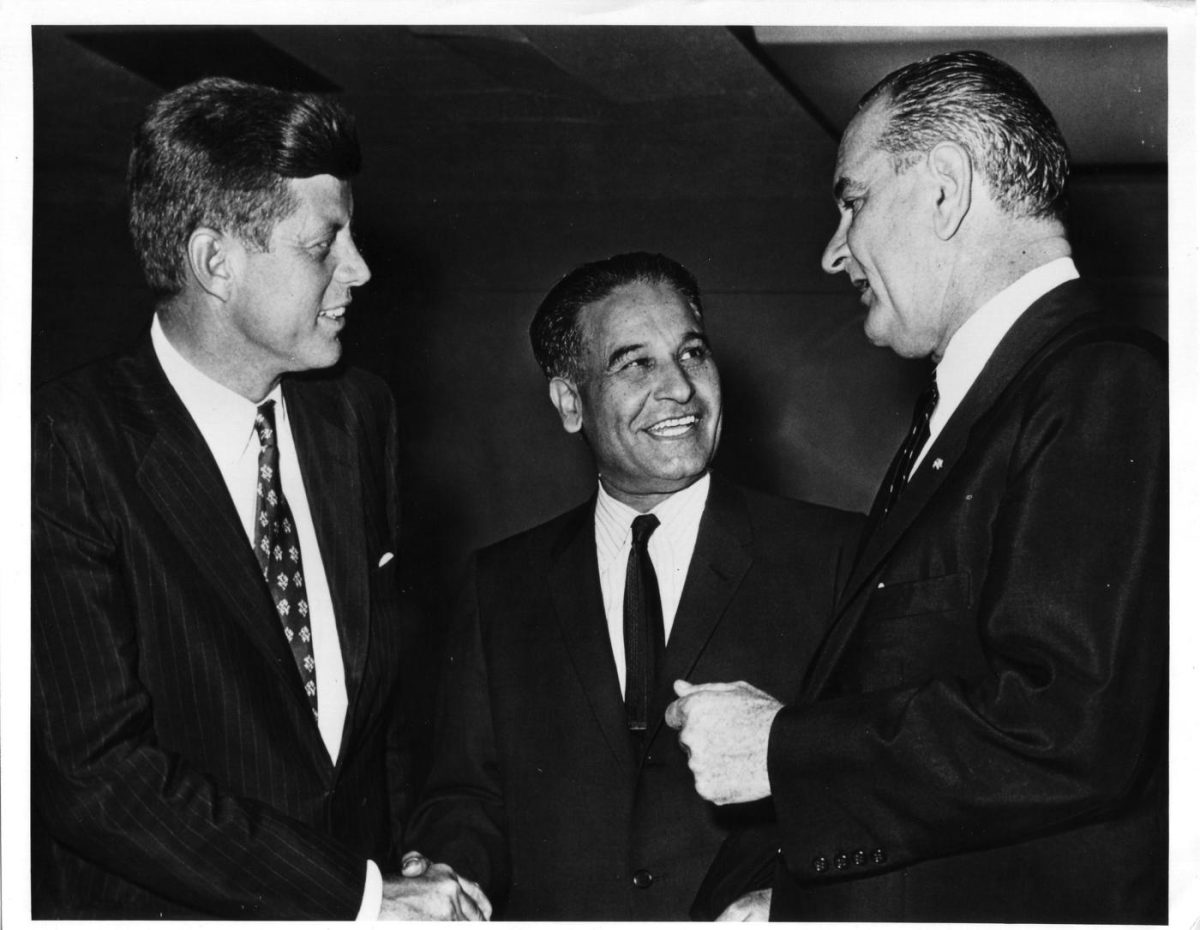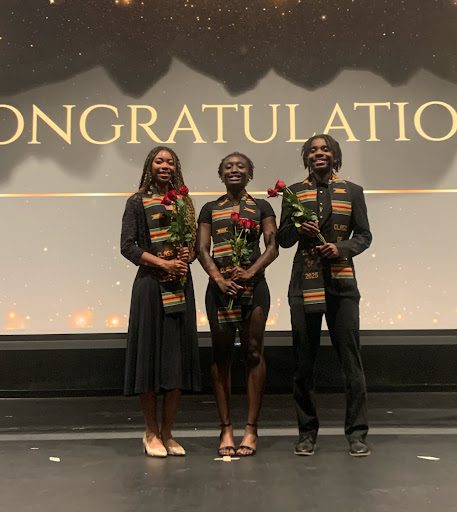The population of South Asian immigrants is growing. There are approximately 5.4 million South Asian Americans in the United States, according to South Asian Americans Leading Together (SAALT), and they are becoming increasingly prominent in US politics.
South Asian American history in US politics goes back to 1957. On Jan. 3 of that year, Dalip Singh Saund was sworn into the United States Congress. He was the first Asian American to serve in Congress. He served in California’s 29th congressional district for the Democratic party.
Saund came to the US from Punjab in the 1920s, when India was still under British colonial rule, to study and earn a masters and PhD in mathematics at the University of California Berkeley. At Berkeley, he gave speeches about Mohandas K. Gandhi and his ideology of satyagraha. Satyagraha is a philosophy that means that one can resist injustice using non-violence. This philosophy was used as a strategy to overthrow British rule in India.
After completing his education, he planned to become a teacher but was unable to follow that path. In order to be a teacher, you had to be a naturalized US citizen. At the time Saund finished his education, non-white immigrants were barred from becoming naturalized citizens. They were also denied access to many rights, such as the right to own property, the right to travel freely, and the right to being protected from prejudice.
Instead of entering the field of education, he went on to become a farmer in Southern California. He also started holding campaigns against citizenship restrictions for Indian immigrants. People in California and the US began to recognize him as an important spokesperson and he gained international popularity. Some publications that covered his activism were The Desert Sun, a publication based in Southern California as well as The Los Angeles Times.
According to encyclopedia.com, he joined the Democratic Party in 1946 after being influenced by President Franklin Roosevelt’s support for farmers impacted by the Great Depression. In 1942, Saund formed an Indian-American organization called the Indian Association of America. He campaigned for the Luce-Celler act through the organization and for a bill which extended naturalization rights to Indians and Filipinos.
This campaign led President Harry Truman to sign this act into a law in 1946, helping many Indians and Filipinos become citizens. Saund became a US citizen in 1949. Soon, in 1950, he was elected as the local justice of peace, who is someone that deals with minor crimes and cases in the lowest level of state courts.
In 1956, he was elected as a representative in Congress for the House Foreign Affairs Committee. After the Luce-Celler act, more bills such as the 1965 Immigration and Nationality Act were passed. The 1965 Immigration and Nationality Act, also known as the Hart-Cellar Act, eliminated restrictions on Asian immigrants. It also favored immigrants with professional degrees and those with family in the country.
Current prominent politicians who are of South Asian American heritage are Kamala Harris and Nikki Haley. Harris is the first US vice president of South Asian heritage. Her mother, Shyamala Gopalan Harris was from Chennai, formerly Madras. She was a biomedical scientist and contributed to important breast cancer research. Her dad is Jamaican American and he is a former economics professor at Stanford University. Harris is currently the highest ranked US politician of South Asian background.
Haley is a former United Nations ambassador and is currently running for president. Before she became the 29th US UN ambassador under former president Donald Trump’s administration, she was governor of South Carolina from 2011-2017. Like Saund, her parents come from Punjab. Haley is the first woman of color to become a major Republican presidential candidate.
Another notable politician that is South Asian American is Vivek Ramaswamy. His parents immigrated to the US from Kerala, India. He is a former Republican presidential candidate in the 2024 US presidential election. He dropped out of the race on January 16, 2024.
Vaishnavi Raj (‘27) said that representation in politics matters to her. “I’m happy to know that there
are people who I can relate my culture to in the politics of America.”
Looking into the future, Ms. Basak says, “I hope that the 2024 election, like any election, proves the strength of our democracy and unites people under socially conscious initiatives that promote the well-being of all people across the nation.”









